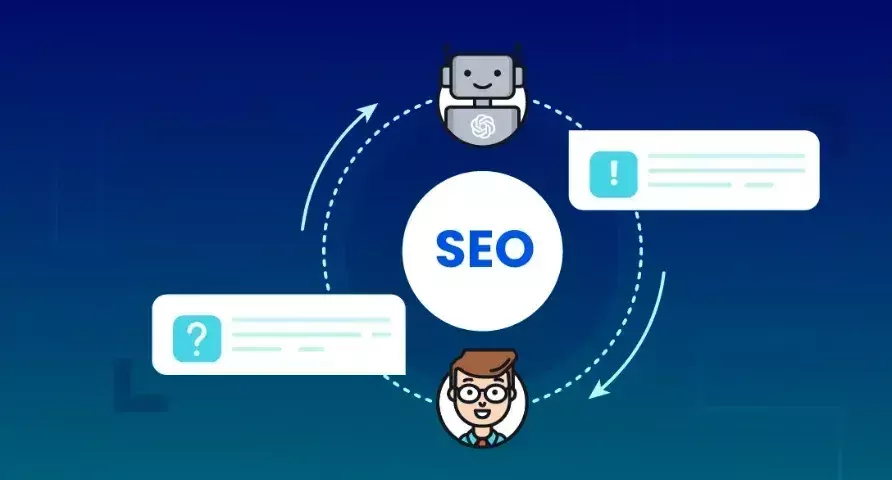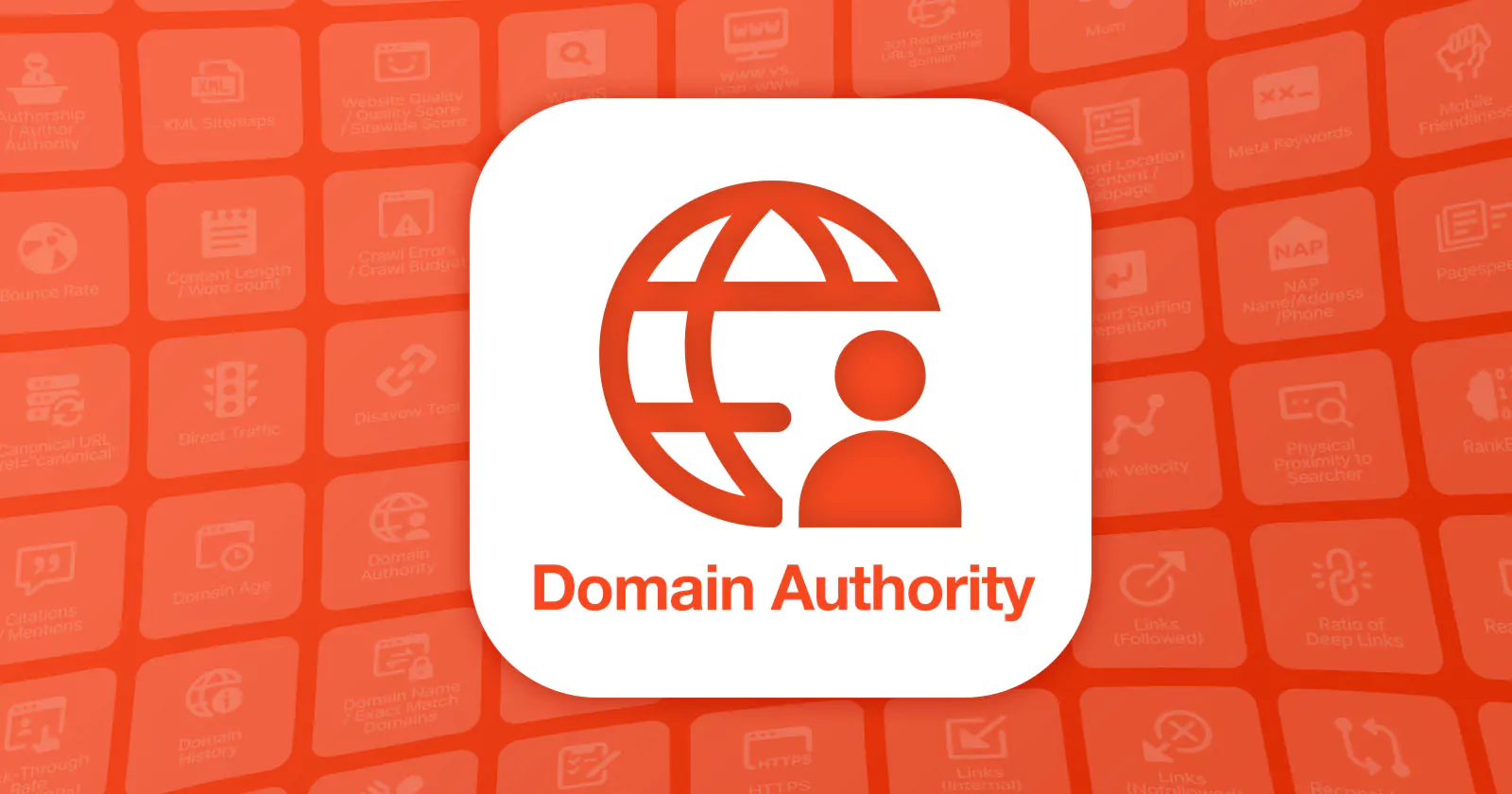
ChatGPT is renowned for its conversational abilities, it can also be a potent tool for supercharging your SEO efforts. Do you know how to use ChatGPT for SEO?
You can use ChatGPT to assist in brainstorming for keyword research, rephrasing your content, generating Schema markup, and performing various other tasks.
In this comprehensive guide, we'll delve into various ways you can leverage ChatGPT to optimize your website, create compelling content, and enhance user experience.
What is ChatGPT?
Before we dive into the SEO strategies, let's briefly understand what ChatGPT is. ChatGPT is a language model powered by GPT-3.5 architecture, designed to generate human-like text based on the input it receives.
It excels at natural language understanding and can be fine-tuned for specific tasks, making it a versatile tool for a myriad of applications.
How to Use ChatGPT for SEO?

Having explored the limitations of employing ChatGPT for SEO, let's delve into actionable ways to leverage its capabilities to enhance your SEO efforts.
1. Plan Content Clusters
Content clusters, comprising interlinked articles that delve into a specific topic, contribute significantly to a robust content strategy.
Analyzing competitor sites, researching popular searches within your niche, and evaluating keywords can aid in identifying relevant clusters. By understanding your niche, you can offer comprehensive information that addresses the questions and concerns of your audience.
2. Generate Seed Keywords
Identifying seed keywords, that encapsulate the main theme of each content cluster, is crucial. While these may not be the exact keywords targeted in your content, they provide a foundational understanding.
For instance, a nutrition and diet blog might have seed keywords like "clean eating," "whole foods," "balanced diet," and "healthy recipes." The selection of actual target keywords depends on factors such as search volume and competition.
3. Assist in Content Creation
Content marketing and SEO are intertwined, with ideation being a pivotal step in content creation. ChatGPT proves invaluable in generating ideas for blog posts and other assets, offering assistance whether you're refining an existing strategy or starting from scratch.
By specifying your target audience in ChatGPT prompts, you can receive personalized recommendations tailored to your audience's preferences.
4. Find Frequently Asked Questions (FAQs)
Understanding the FAQs your audience seeks is vital for planning SEO content. Beyond reviewing top questions on search engine results pages (SERPs), ChatGPT can generate additional FAQ ideas. Furthermore, it can provide answers to these questions, streamlining the creation of authoritative and informative content.
5. Create Meta Titles and Descriptions
ChatGPT extends its utility beyond content creation by aiding in crafting SEO metadata like meta titles and descriptions. If you encounter writer's block, seeking multiple options from ChatGPT can offer fresh perspectives for creating compelling and click-worthy meta content.
6. Generate Schema Markup
Schema markup, a structured data type, enhances the appearance of rich snippets on SERPs. ChatGPT can assist in generating schema markup for events, reviews, products, and other content types. Implementing rich snippets can elevate your website's visibility and potentially lead to increased conversions and organic traffic.
7. RegEx Expressions for Performance Analysis
Regular expressions (RegEx) in programming assist SEO marketers in obtaining deeper insights from tools like Google Analytics or Google Search Console. Rather than crafting RegEx code manually, ChatGPT can generate expressions tailored to your requirements.
Incorporating these expressions into your analytics tools enables more detailed and advanced insights, allowing for a comprehensive analysis of performance metrics.
How Does ChatGPT Affect SEO?
While ChatGPT proves valuable for tasks such as content generation and crafting SEO-friendly outlines, it cannot serve as a substitute for a comprehensive and meticulously planned SEO strategy or the advanced search capabilities provided by search engines like Google.
Here's the rationale behind this distinction:
Search engines play a pivotal role in indexing and searching vast amounts of information on the internet. Their purpose is to deliver the most relevant results to users' queries.
In contrast, SEO is a strategic approach that aids websites and content in achieving higher rankings within these search engine results. Together, they form the bedrock of making information discoverable and accessible across the internet.
Conversely, ChatGPT operates as a language model. Its primary function revolves around generating human-like text based on the input it receives. While adept at tasks such as article writing and engaging in conversations, ChatGPT doesn't engage in indexing or searching the internet, nor does it exert influence on a website's visibility in search engine results.
Its strengths lie in the creative and conversational aspects of language generation rather than the technical intricacies of SEO optimization and search indexing.
Read More: Is SEO Worth It in 2024?
The Bottom Line: How to Use ChatGPT for SEO
In conclusion, incorporating ChatGPT into your SEO strategy can be a game-changer. From content creation and meta description optimization to enhancing user interaction and engaging in effective backlink outreach, ChatGPT offers a versatile set of tools to elevate your online presence.
As with any technology, it's essential to monitor and refine your approach continuously. Experiment with different instructions to get the most out of ChatGPT, and stay abreast of SEO trends to adapt your strategy accordingly.
By leveraging the power of ChatGPT, you can not only streamline your SEO efforts but also stay at the forefront of innovation in the dynamic world of digital marketing.

